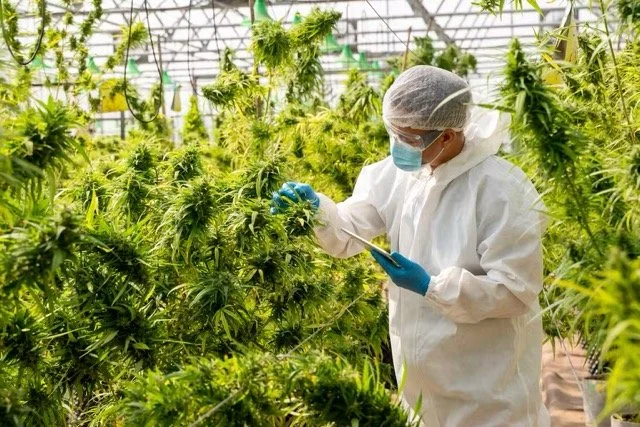Why President Trump’s Truth Social Post on the Farm Bill and Cannabis Matters
The landscape of cannabis in the United States has been shifting for decades, but rarely does one moment capture the weight of that progress as powerfully as a recent presidential Truth Social post. In it, the President publicly referenced the 2018 Farm Bill, hemp-derived CBD, the endocannabinoid system, and the benefits of cannabis.
For those who have fought tirelessly to defend the plant, educate the public, and dismantle outdated stigma, this was more than a casual statement. It was recognition at the highest political level—an acknowledgment that cannabis has entered the mainstream of national discourse. While the political road ahead remains complicated, this moment is one worth celebrating.
From Stigma to Public Recognition
Cannabis has long been vilified. Decades of fear-driven campaigns and harsh criminalization framed the plant as a threat rather than a therapeutic resource. Patients went without treatment, communities suffered under targeted enforcement, and misinformation thrived.
Still, advocates persisted. Scientists presented research, patients shared their stories, and organizers fought for reforms. Over time, public perception began to shift.
That journey culminated in something once unthinkable: a President using his official Truth Social account to speak openly about cannabis, CBD, and the body’s endocannabinoid system. For the movement, this was not just validation—it was proof that the conversation had broken through barriers and found its place in the national spotlight.
Key Upcoming Milestones
Federal Rescheduling Decision: Despite delays, the DOJ still retains authority to reschedule cannabis before the end of 2025. Any move would represent the most significant federal shift in decades.
New York License Renewals: Businesses operating under the state’s earlier measurement standards have until February 15, 2026, to renew their licenses, pending final court outcomes.
2026 Ballot Measures: States including Florida are preparing cannabis-related ballot initiatives for 2026, keeping reform squarely in the public spotlight.
Federal Cannabis Rescheduling: Progress Stalled, Pressure Building
DOJ Delays Court Case on Rescheduling
The Department of Justice has agreed to further postpone a federal court case challenging the administrative process behind marijuana rescheduling. The stay now extends until at least January 2026. While the delay does not prevent the administration from acting on its own timeline, it underscores the uncertainty surrounding the path forward. For cannabis businesses and patients, each postponement represents continued frustration with a process that has already stretched for decades.
Trump’s Signals Boost Cannabis Stocks
Market watchers saw a surge in cannabis stocks in September after President Donald Trump shared a video on Truth Social promoting the benefits of CBD for seniors. Produced by the Commonwealth Project, the video framed CBD as a “gamechanger” for senior healthcare. While the video did not mention broader cannabis reform directly, the president’s willingness to publicly endorse cannabis-derived products fueled speculation about future policy shifts. Investors, sensing potential alignment between the White House and pro-reform voices, reacted quickly—underscoring how tightly market confidence is tied to federal signals.
Industry Outlook: Uncertainty and Opportunity
The cannabis industry enters the final months of 2025 with both optimism and caution. Signals from President Trump and Congress suggest that momentum for reform is building, but political and procedural hurdles remain high. At the same time, state-level developments—from Minnesota’s first sales to Massachusetts’ potential rollback—illustrate the diversity of paths states may take.
Scientific research continues to validate cannabis as both a medical and recreational substance, even as safety recalls and regulatory inconsistencies highlight ongoing challenges. For entrepreneurs, investors, and consumers, the next 12 months may prove decisive in shaping the trajectory of U.S. cannabis policy.



